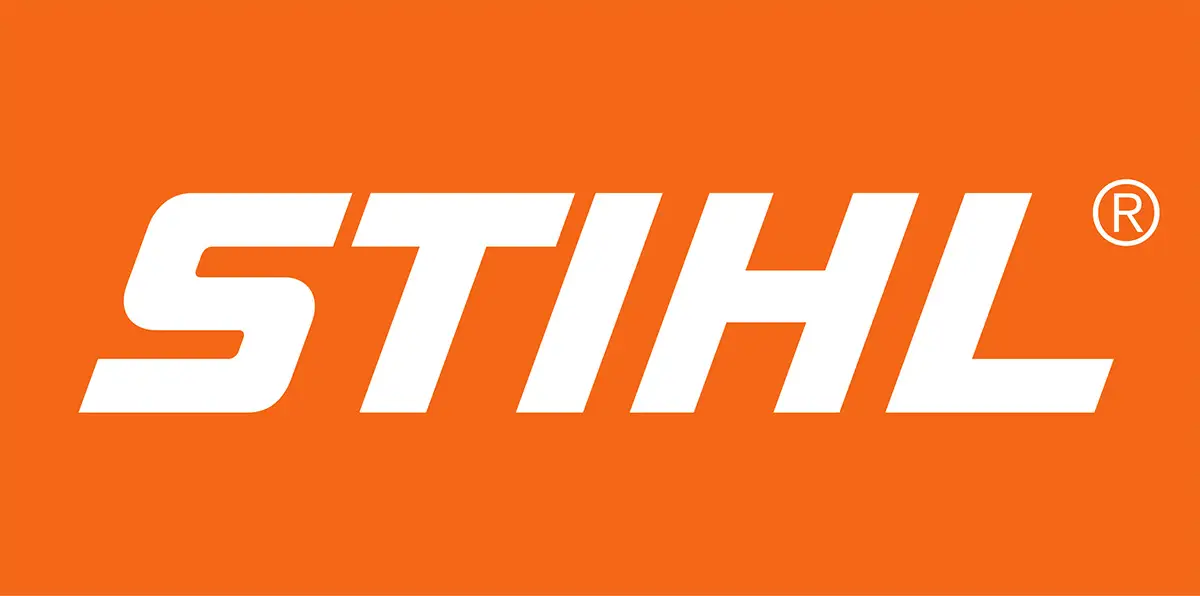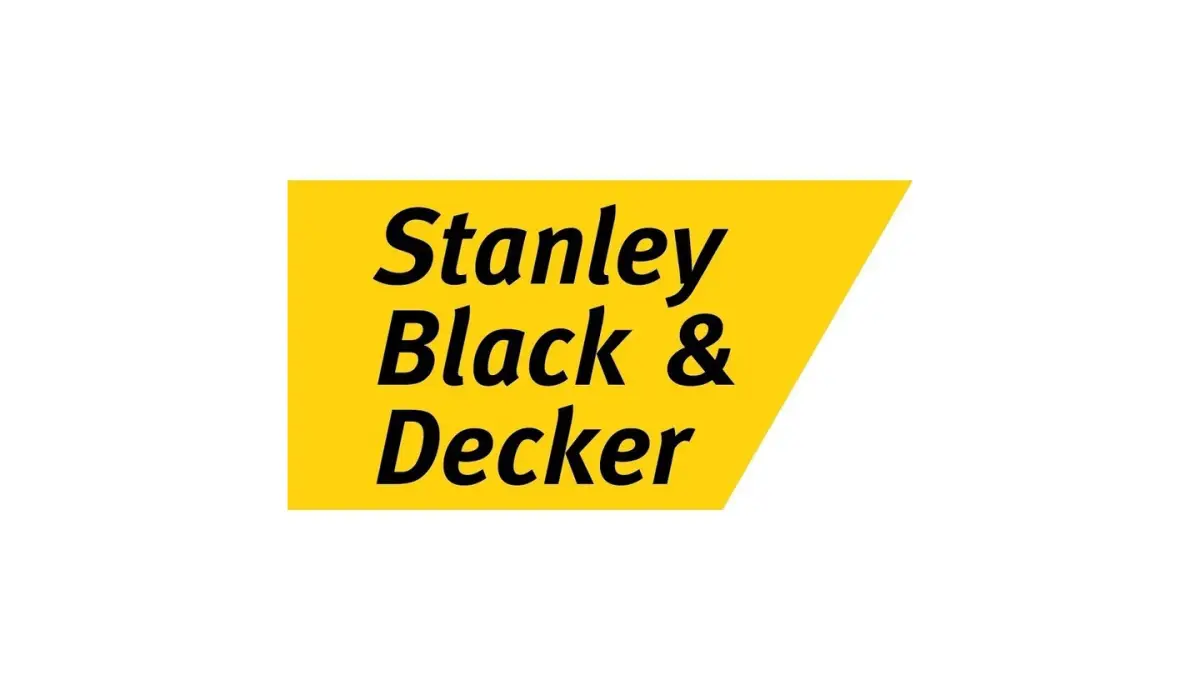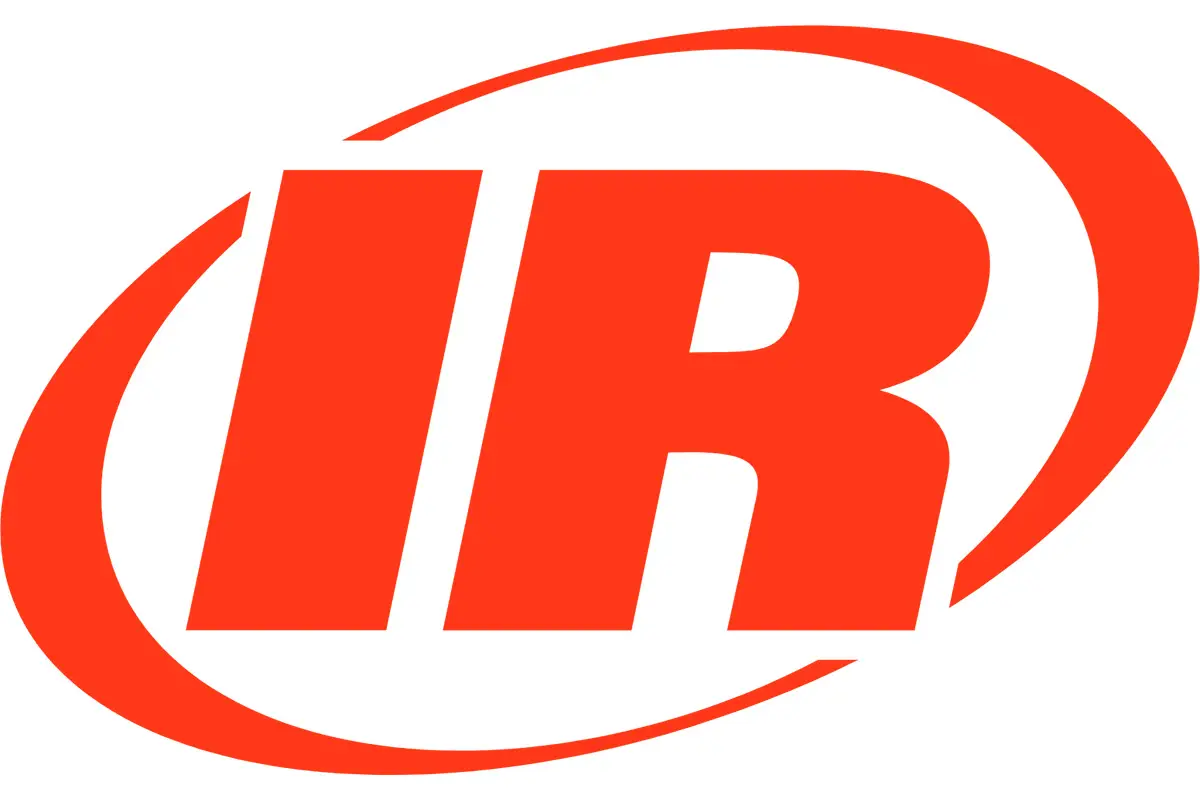Introduction
When it comes to outdoor power tools, one name stands tall across forests, farms, and construction sites: Stihl. Founded in 1926 in Germany, Stihl has grown from a small workshop in Stuttgart to a global powerhouse in chainsaws, trimmers, blowers, and professional-grade equipment. Known for precision engineering, German craftsmanship, and relentless innovation, the company serves both professionals and homeowners in more than 160 countries.
But with great reputation comes great expectations. So how does Stihl measure up in today’s competitive industrial and consumer market? Let’s take a closer look.
Stihl at a Glance
- Founded: 1926, Stuttgart, Germany
- Headquarters: Waiblingen, Germany
- Core Products: Chainsaws, brushcutters, trimmers, blowers, hedge trimmers, cut-off machines, and protective gear
- Global Reach: Over 160 countries
- Revenue: Over €6 billion annually (latest figures 2023)
- Employees: More than 20,000 worldwide
- Unique Selling Point: Family-owned, with an emphasis on German engineering and innovation
What Makes Stihl Special?
1. German Engineering Excellence
Stihl is synonymous with durability and precision. Their chainsaws, in particular, are considered the industry standard for forestry and professional logging. Advanced features like anti-vibration systems, fuel efficiency, and ergonomic design keep Stihl ahead of many competitors.
2. Strong Dealer Network
Unlike many competitors who rely heavily on online sales, Stihl insists on selling primarily through authorized dealers. This ensures professional advice, after-sales support, and proper maintenance – a model that builds trust but also limits convenience for some customers.
3. Sustainability Focus
Stihl invests in eco-friendly innovations such as battery-powered chainsaws and reduced-emission gasoline engines (2-MIX and 4-MIX technologies). This puts them in line with global sustainability demands while keeping professional-grade performance.
4. Global Recognition
From small farmers to big forestry companies, Stihl products are trusted worldwide. Its iconic orange-and-white branding has become a badge of reliability.
Downsides & Criticisms
Even the strongest brands have their weak spots, and Stihl is no exception.
- Price Point: Stihl tools often come at a premium compared to competitors like Husqvarna or Echo. While many argue they’re worth it, budget-conscious buyers may look elsewhere.
- Limited Online Availability: The dealer-only model means you can’t easily buy Stihl tools from big e-commerce platforms. This can be frustrating in the age of one-click shopping.
- Weight of Some Models: Professional-grade tools, especially older gas-powered models, can be heavy and tiring for extended use.
- Complex Maintenance: While durable, Stihl products often require regular maintenance and servicing, which adds to the long-term cost.
Stihl’s Market Position
Stihl remains the world’s best-selling brand of chainsaws, consistently holding the top spot against rivals like Husqvarna. With revenues surpassing €6 billion, the company continues to expand its product line and adapt to shifting demands – especially the growing preference for battery-powered solutions.
Interestingly, Stihl is still family-owned, setting it apart from many multinational corporations in the sector. This allows them to focus on long-term quality rather than quarterly profits, which resonates well with professionals.
Funny Fact
The first chainsaw designed by Andreas Stihl in 1926 was so heavy it required two men to operate. Imagine needing a buddy just to cut a log!
Lesser-Known Fact
Stihl actually produces many of its chains in its own factories rather than outsourcing – giving them strict quality control from start to finish, something few competitors can claim.
Conclusion
Stihl is more than just a brand; it’s a global benchmark for outdoor power tools. Its German engineering, sustainability efforts, and commitment to quality keep it a leader in forestry and landscaping. Still, the higher price tag and limited online availability may push some buyers toward alternatives.
For professionals who demand durability and precision, Stihl remains a top choice. For casual users, it might feel like overkill – unless you enjoy owning the best.
💬 Your Turn: Have you used Stihl products before? What’s your experience – worth the price or overrated? Share your thoughts in the comments below and help other readers decide!





